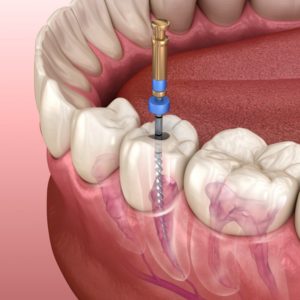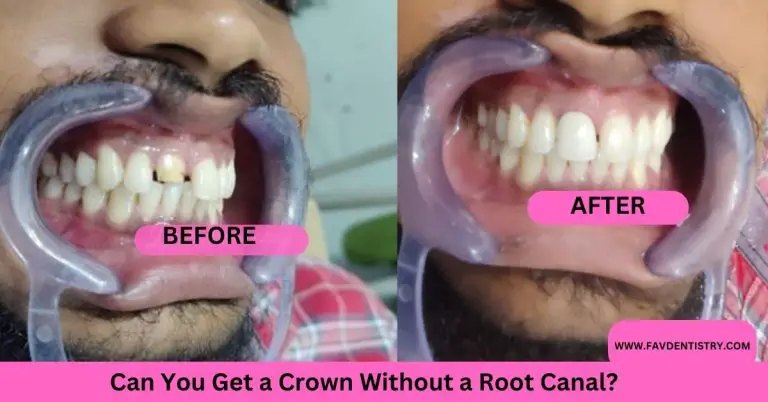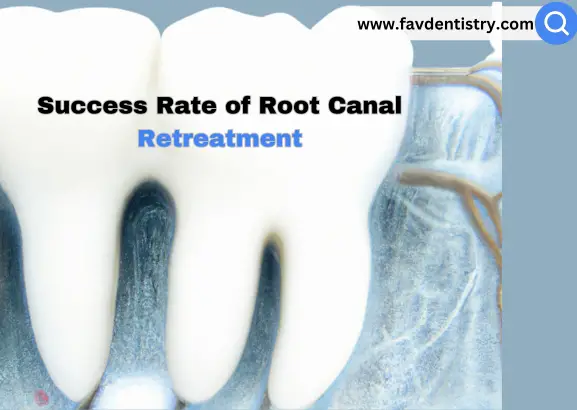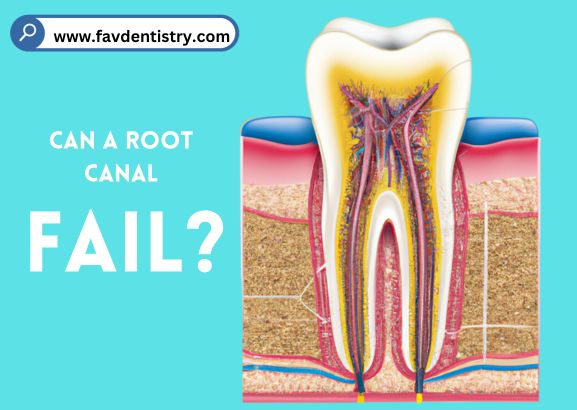Last Updated on 3 weeks by DR. ALBIN SIPES
Dentists may sometimes lie about periodontal disease, but it is not a common practice. Now, let’s explore this topic in more detail.
Periodontal disease, also known as gum disease, is a common oral health issue that affects the gums and surrounding structures. Dentists play a crucial role in diagnosing and treating this condition. However, there have been cases where dentists may mislead or downplay the severity of periodontal disease.
This can happen for various reasons, such as financial gain or fear of patient dissatisfaction. It is important to note that the majority of dentists are ethical professionals who prioritize their patients’ well-being. Nonetheless, patients need to be proactive in their oral health, ask questions, and seek a second opinion if they have concerns about their dentist’s diagnosis or treatment plan. In the following paragraphs, we will discuss potential reasons why dentists might lie about periodontal disease and how patients can protect themselves. Remember, open communication and trust between dentists and patients are vital for maintaining good oral health.
Understanding Periodontal Disease
Periodontal disease, also known as gum disease, is a prevalent condition that affects the gums and surrounding tissues. It occurs when bacteria in dental plaque build up and cause inflammation. Poor oral hygiene, smoking, and certain medical conditions can contribute to its development.
Common signs of periodontal disease include red, swollen gums, bad breath, and bleeding during brushing or flossing. If left untreated, it can lead to tooth loss and other oral health complications. Dentists play a crucial role in diagnosing and treating periodontal disease, providing professional cleanings, scaling, and root planing to remove plaque and tartar.
Trustworthy dentists prioritize patient education, emphasizing the importance of proper oral hygiene practices to prevent and manage this condition. Regular dental visits and good oral hygiene habits are the keys to maintaining healthy gums and preventing periodontal disease. By understanding this condition, patients can make informed decisions regarding their oral health.
The Role Of Dentists In Periodontal Disease Diagnosis
Dentists play a crucial role in diagnosing periodontal disease, emphasizing the importance of regular dental check-ups. They employ various tools and techniques to assess gum health and identify any signs of periodontal disease. Through visual examinations, dentists examine the gums for redness, swelling, and bleeding.
They also use periodontal probes to measure the depth of gum pockets and determine the extent of bone loss. X-rays help dentists detect any underlying bone damage that may not be visible to the naked eye. By obtaining a comprehensive picture of the patient’s oral health, dentists can provide an accurate diagnosis and develop an appropriate treatment plan.
Regular dental check-ups enable early detection and intervention, preventing the progression of periodontal disease and ensuring optimal oral health. So, it is essential to visit the dentist regularly to maintain healthy gums and prevent any potential issues.
Debunking The Myths Surrounding Dentists And Periodontal Disease
Dentists are often accused of exaggerating periodontal disease severity and recommending unnecessary treatments. However, these are misconceptions. Dentists base their diagnosis on thorough examinations and evidence. They aim to educate patients about the potential consequences of untreated periodontal disease, promoting preventive measures.
Dentists follow professional ethical guidelines, putting patients’ oral health first. They prioritize evidence-based treatments, offering necessary procedures to prevent further damage. It is essential to trust dental professionals and communicate openly to clarify any doubts or concerns about periodontal disease.
Understanding the truth behind these misconceptions is crucial for maintaining oral health and preventing complications.
Financial Considerations
Dentists must consider financial factors when recommending treatments, including the impact of insurance coverage.
Professional Reputation And Ethical Dilemmas
Dentists and their professional reputations play a significant role in ethical dilemmas surrounding periodontal disease. Navigating these dilemmas entails the pressure to maintain a positive image while upholding ethical considerations. The dental profession is bound by ethical guidelines that dictate the honesty and integrity of their practice.
Dentists must carefully balance the need to provide appropriate treatment for periodontal disease while staying transparent about the condition. This delicate balance ensures that patients receive the best care possible without compromising the dentist’s professional reputation. The ethical considerations in periodontal disease treatment pose challenges for dentists who must make difficult decisions about disclosing the severity of the disease and the potential treatments available.
Despite the pressures they face, dentists strive for honesty and ethical practice to ensure their patients’ well-being.
Patient Education And Communication
Dentists play a critical role in educating patients about periodontal disease. Effective communication can be challenging when discussing treatment options. Patient education is vital for understanding the importance of proper oral hygiene. Communicating the risks and consequences of periodontal disease is necessary.
Strategies like using visual aids and explaining treatment procedures can enhance patient comprehension. Encouraging questions and addressing concerns can foster an open dialogue. Building trust through clear communication can alleviate patient concerns and promote cooperation. Providing educational resources, such as brochures or websites, can further empower patients to take control of their oral health.
Dentists should strive to be transparent and honest, debunking any misconceptions patients may have about periodontal disease and its treatment.
The Role Of Patients In Periodontal Disease Management
Dentists do not lie about periodontal disease, but patients play a crucial role in managing it. Personal oral hygiene habits are vital in maintaining overall oral health. Factors such as lifestyle choices can have a significant impact on the health of your gums and teeth.
Patients must understand the importance of regular brushing, flossing, and visiting the dentist for professional cleanings and check-ups. Following any necessary treatments, patients must continue to take responsibility for their oral health, as ongoing maintenance is vital.
By prioritizing good oral hygiene practices and making positive lifestyle choices, patients can prevent the progression of periodontal disease and maintain a healthy smile. Remember, your dentist is there to guide and support you on your oral health journey.
Dentist-Patient Collaboration In Treatment Planning
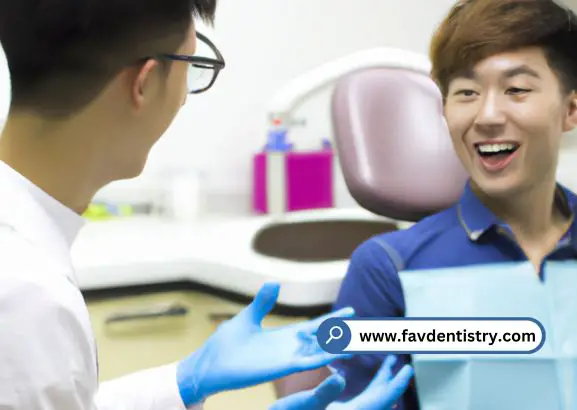
Dentists play a vital role in diagnosing and treating periodontal disease. However, collaboration and involvement from patients are equally important. Collaborative decision-making allows patients to actively participate in their treatment planning. This involvement has several benefits. First, it ensures that patients understand the severity of their condition and the treatment options available.
Second, it enables dentists to tailor the treatment plan to the patient’s specific needs, preferences, and goals. By working together, dentists and patients can achieve successful outcomes and long-term oral health. Dentists should encourage open communication, address patient concerns, and provide information to facilitate informed decision-making.
This collaborative approach fosters trust, reduces anxiety, and ultimately leads to better treatment outcomes. Patients should feel empowered to ask questions, voice their concerns, and actively engage in their dental care. With a collaborative dentist-patient relationship, the management of periodontal disease can be more effective and satisfying for both parties involved.
Seeking Second Opinions And External Expertise
Dentists are sometimes accused of lying about periodontal disease, raising the need for second opinions. Seeking an additional perspective is beneficial. External experts bring valuable insights to the treatment process. They can offer fresh ideas and approaches. By involving multiple perspectives, a patient-centered approach is ensured.
It is important to remember that dental care should prioritize the patient’s well-being. By soliciting external expertise, patients can make informed decisions about their oral health. So, if you have doubts about a diagnosis or treatment plan, feel free to seek a second opinion.
It’s your right to have a clear understanding and receive the best possible care. Trust your instincts and prioritize your oral health.
Frequently Asked Questions Of Do Dentists Lie About Periodontal Disease
Do Dentists Lie About Periodontal Disease?
No, dentists do not lie about periodontal disease. They diagnose and treat the condition based on scientific evidence and clinical experience. Periodontal disease is a severe oral health condition that can lead to tooth loss if not addressed promptly. Dentists are committed to providing accurate and honest information to their patients.
Conclusion
It’s essential to approach the topic of dentists and periodontal disease with a balanced perspective. While it is true that some dentists may misrepresent or exaggerate the severity of periodontal disease, it is crucial not to generalize this behavior to the entire profession.
Regular dental check-ups and open communication with your dentist can help build trust and ensure an accurate diagnosis. Remember, dentists are trained professionals who have your oral health as their priority. Ultimately, it is in your best interest to educate yourself about periodontal disease and ask questions when in doubt.
By being proactive and informed, you can maintain good oral health and make the most out of your visits to the dentist. Remember, a healthy smile starts with knowing the facts.
Also Read – Bicuspid root canal
Wikipedia about – periodontal disease

